Sustainability In Practice (SIP) Certified ® is a sustainable certification program for winegrowers and winemakers.
SIP Certified brands use third-party verified sustainable practices so you can feel confident your wine protects the people and the planet.
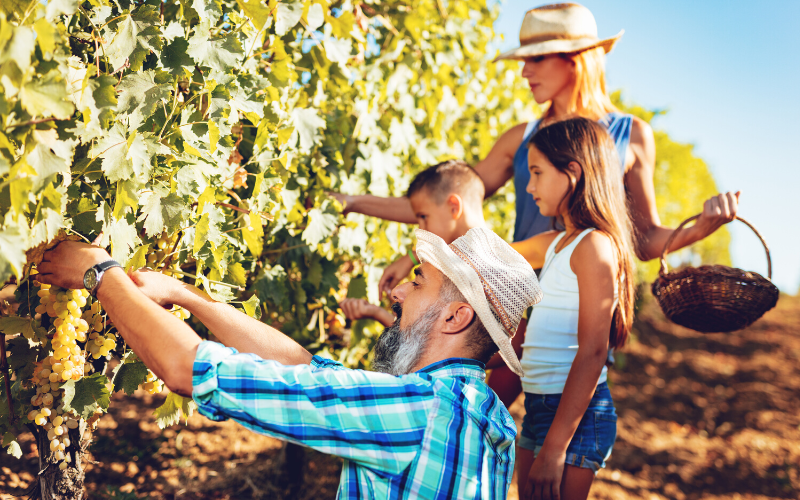
Certification addresses the 3 P’s of Sustainability – People, Planet, Prosperity – ensuring that both natural and human resources are protected.
Community involvement, charitable donations, employee development and safety programs, continuing education, and much more are addressed in the program's Standards.
Alternative energy, recycling, habitat conservation plans, Integrated Pest Management (IPM), cover crops, organic soil additions, and responsible irrigation management practices all help to combat climate change and protect the environment.
You can't have a sustainable business if you can't sustain the business. That's why SIP Certified members must have annual/multi-year budgets, sales and marketing plans, and maintain legible inventory and production records.
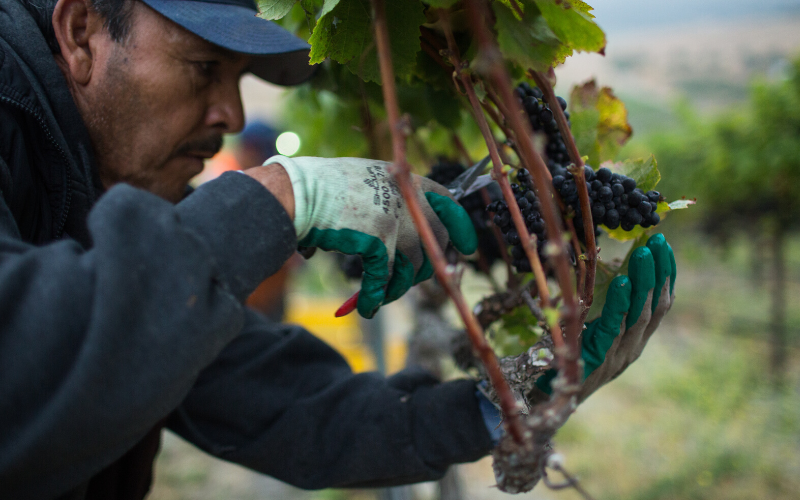
| “It’s important to me to be a conscientious member of our community. The SIP Certified program is a comprehensive process that demonstrates our dedication to people, our land, and our vines." |
|
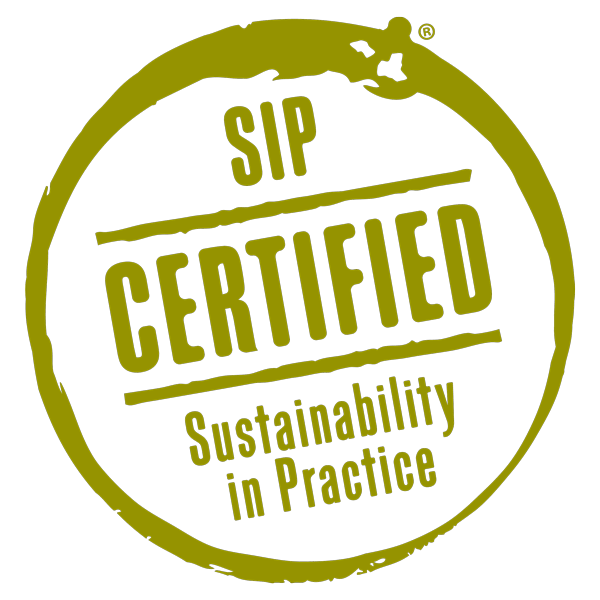 |
|
SIP Certified evolved from the award-winning self-assessment (Positive Points System) developed by Vineyard Team which helped growers evaluate their sustainable practices on every level, from habitat to water, soil to human resources.
After four years of intensive review by viticulture experts and experienced growers, SIP Certified launched its pilot program in 2008 with 3,700 acres of vines between Monterey and Santa Barbara counties.
Today, over 46,000 vineyard acres in California, Oregon, and Michigan, five wineries, and more than 60.3 million bottles of wine have been SIP Certified.
Consumers around the world can now find a wide array of sustainably produced wines to fit their needs, budgets, and stylistic preferences.
SIP Certified is proud to stand with other environmental leaders working to preserve our natural and human resources.
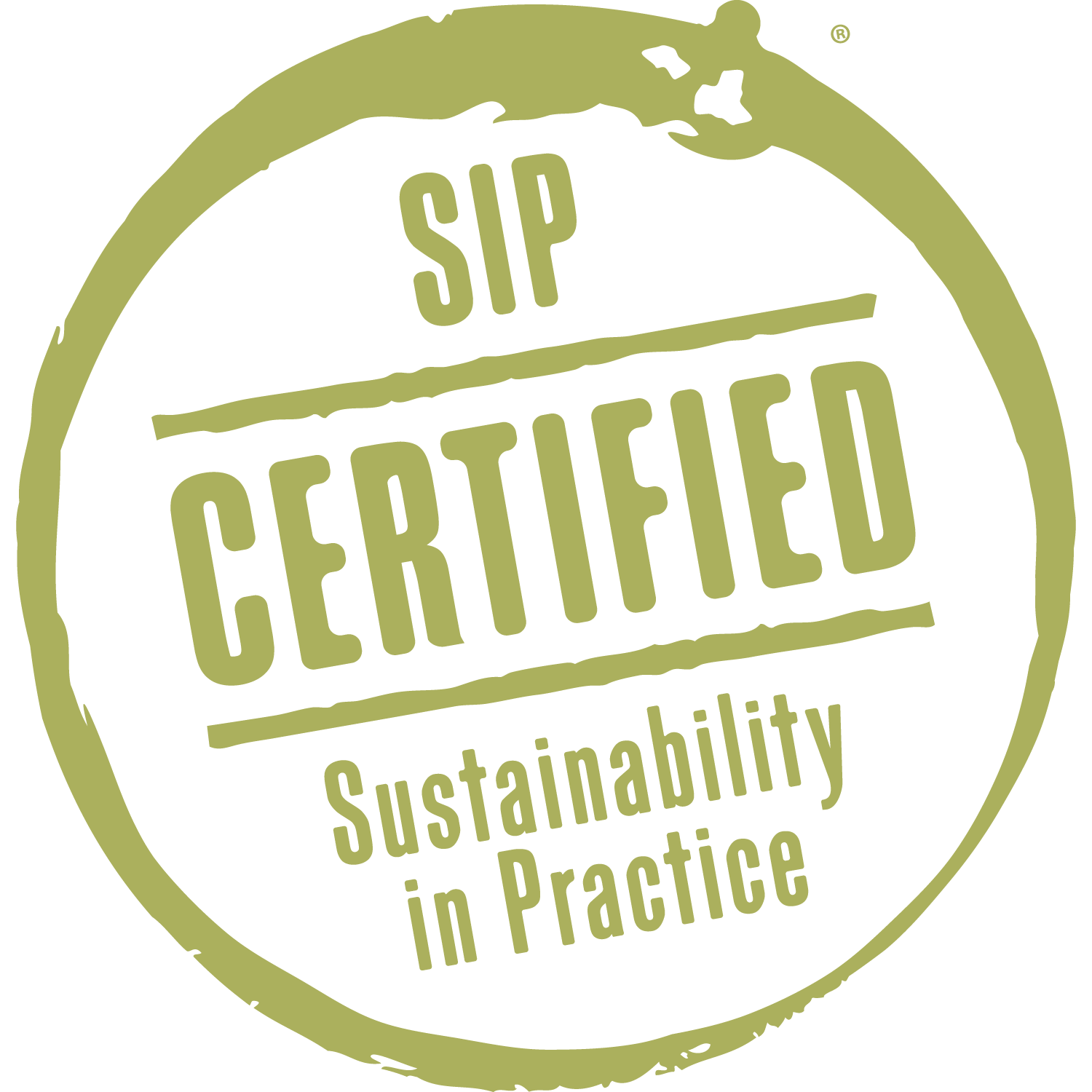
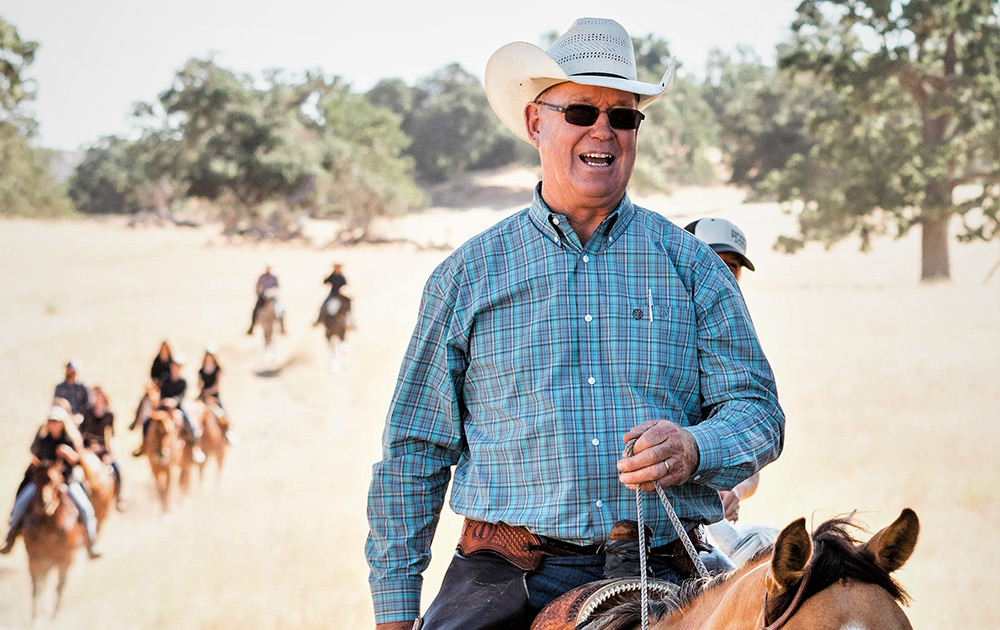
Karl Wittstrom – that’s him on horseback ‑ was born into a ranching family in the Paso Robles region of California. These days he’s co-owner and operations manager at Margarita Vineyard and Ancient Peaks Winery...
Read More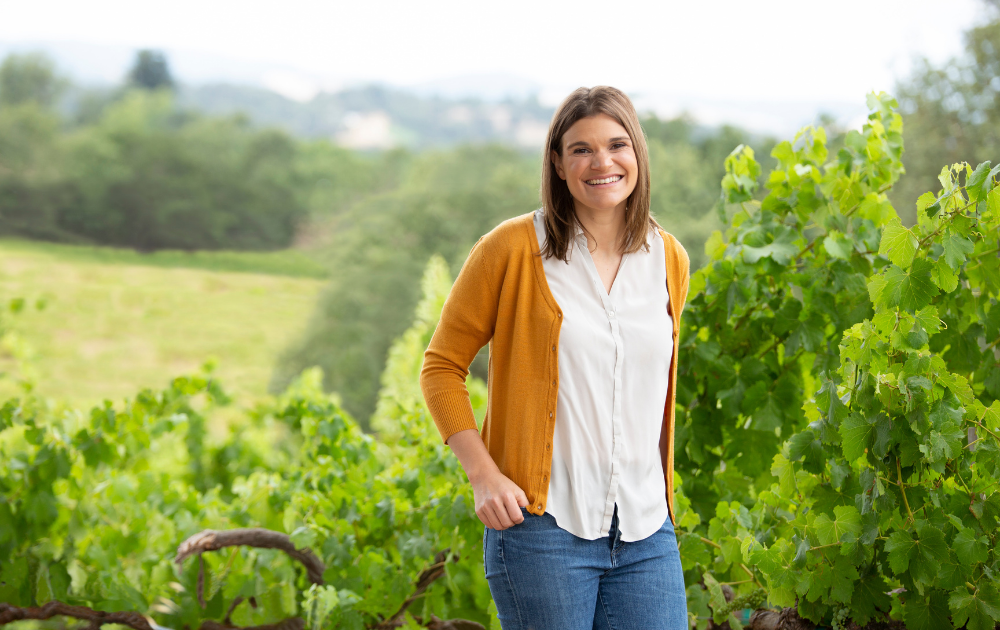
The first-born daughter of California wine pioneers Jess Jackson and Barbara Banke, Katie Jackson is a second-generation proprietor working to keep her family-run business at the forefront of quality and stewardship. Katie actively promotes the Jackson fa
Read MoreIn this Office Hours webinar, we were joined by Kevin Bargetto of Center of Effort and Gregory Gonzalez of Coastal Vineyard Care Associates to go over two SIP Certified chapters:
• Ch 5: Water Conservation and Quality
• Ch 6: Energy Conservation and Efficiency
Join SIP Certified staff and Lucas Pope, Director of Vineyard Operations at Coastal Vineyard Services for a 30-minute webinar to go over chapters 8 (Purchasing, Recycling, and Waste Reduction), and 13 (Business Management) of the 2024 SIP Certified Standards.
ViewWe recommend that you work on your certification a little each month to ease your workload… Office Hours webinars will make it even easier!
Read more to access all of the 2024 SIP Certified Standards Office Hours recordings and resources.